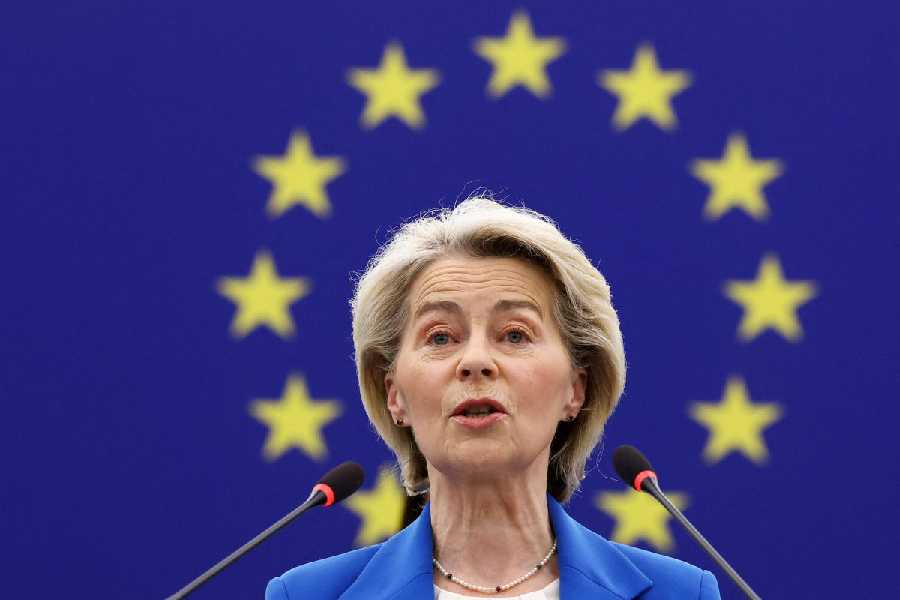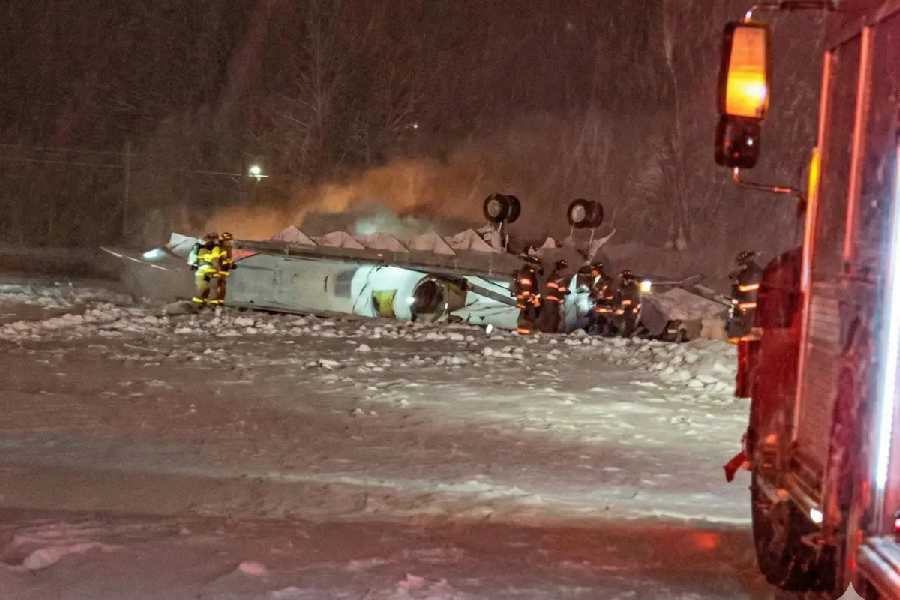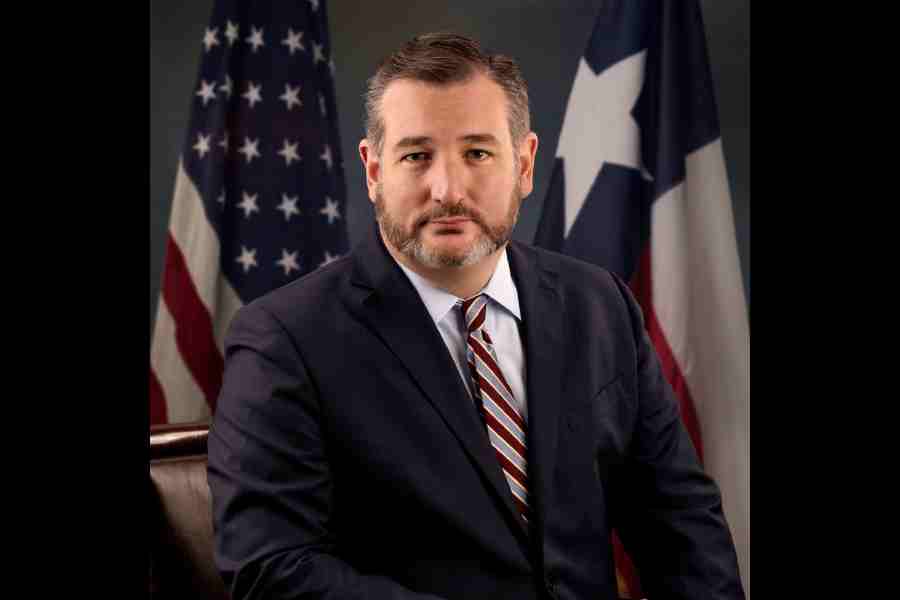
Though the exact cost of Modicare - the government's extension of health insurance for poor people, estimated at Rs 1 lakh crore - is open for debate, what is not disputable is that the cost of insuring India's poor won't fall with time. A sure way of accelerating healthcare inflation, that is speeding the rate of increase of healthcare costs, is by subsidising or paying for health insurance. Insurance is like Newton's Second Law of Motion - velocity keeps increasing as long as force is applied.
Healthcare is a peculiar industry. Cars get cheaper but medical care doesn't. That is because a life saved from cancer is a life waiting to be killed by another disease, which needs treating, too. Survivors of cancer get heart attacks and survivors of heart attacks get cancer, and survivors of both get dementia.
It's like a restaurant where you can't just pay for lunch - you also have to pay for breakfast and dinner and maybe a few samosas in between. But unlike eating, consumption of medical care is not guarded by satiety. The insatiable medical sciences keep delivering even more expensive ways death can marginally be deferred. For example, the once dreaded stroke which leads to paralysis is now treatable. However, the treatment is not cheap and comprises clot busters, dangerous drugs with fatal side effects. Further, to treat stroke you need rapid diagnosis by modern imaging - CAT scans and radiology. If penicillin for pneumonia is like eating at a roadside dhaba, treatment for acute stroke is fine dining at the Taj.
Insuring all citizens is fine but someone must pick up the tab. Since the costs of medical care are shared by everyone - ill or well, which is the whole point of insurance - the market mechanisms for controlling prices disappear. Hospitals become more daring with their charges, as they feel more emboldened charging faceless insurers than patients.
Then there is a well-known phenomenon called moral hazard - when people don't pay specifically for individual episodes of care, they use more medical services, both necessary and unnecessary. Think of it this way: if you're splitting the restaurant bill, everyone tends to get the more expensive items on the menu. Since you're not saving money for your own thrift, there's no incentive to be thrifty.
Money spent on insurance premiums doesn't all go to medical care. Inevitably, administration is required to manage insurance claims. Insurers employ staff to ensure that hospitals are billing correctly, and what is being billed for is indeed medically necessary. Hospitals employ staff to make sure insurers pay for what is billed, and that doctors are billing correctly. Far from reducing medical costs, the administrative costs of insurance increase net costs, which increases premiums, which keep rising.
Insurers may restrict which doctors the insured can see and hospitals may restrict which insurance they accept, diminishing patient choice. As far as jobs are concerned Modi's stimulus, ostensibly for poor people, will create white-collared jobs for the middle class. Modicare is a windfall for doctors, economists, data scientists, talentless box tickers, statisticians, and the pharmaceutical and device industry, but not for schoolteachers or autorickshaw drivers or chaiwallahs.
Modicare will look after the health of unemployed Ramu Kaka with an acute stroke from rural Bihar. But economists warn us that there's no free lunch - there is always an opportunity cost. The money spent on treating Ramu Kaka's stroke, as humane as that is, is money not available for good schools and public works. Thus, unemployed Ramu Kaka gets a CAT scan, but his clever children still attend poor quality schools and remain working class. Meanwhile, mediocre Raj from Patna becomes a claims administrator for an insurance company.
If you asked Ramu Kaka about his preferences, maybe he'd forego that free CAT scan for a job and better education for his kids. Perhaps if he wasn't unemployed, he'd not be smoking so heavily, and not have had that stroke in the first place.
There is only so much that medical care can do to improve the health of a nation. Without infrastructure, medical care is like a rose in a swamp. You can have all the CAT scans and clot busters to treat stroke but if the roads are so congested that it takes ambulances two hours to get to a hospital, all the medical effort is for naught.
Universal healthcare should be the goal of affluent nations. But the cost of Modicare isn't trivial. And given the state of the air in many Indian cities, the lingering lack of basic infrastructure, and the desiccated state of public education, Modicare is a tad premature.
The writer is an Associate Professor of Radiology at the University of Pennsylvania, US. He can be reached @RogueRad










